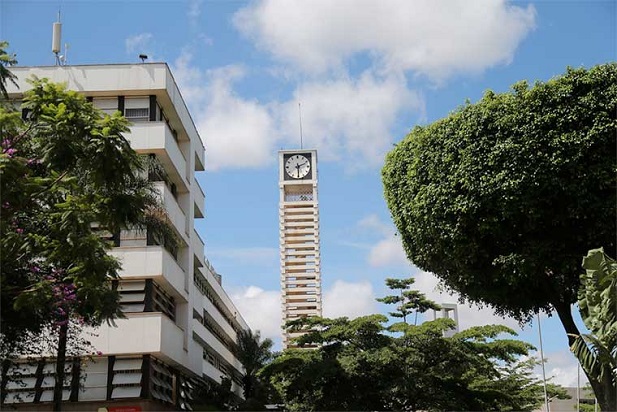According to the 2018 FinScope survey involving 3,200 respondents representing 18.6 million people, 23 percent (2.3 million) and 22% of men (1.9 million) were currently financially excluded.
Theopista Sekitto Ntale, the Country Director of New Faces New Voices says the gap has widened with the interruptions of COVID-19 despite the setup of numerous post-COVID recovery programs. Sekitto identifies a lack of awareness as one of the major hindrances blocking women from achieving financial inclusion and independence.
Financial institutions have also been faulted for conditioning their funds so tightly that women fail to secure the finances.
Sekitto says that financial institutions have not only failed to design and avail more suitable packages for women but also failed to support the women to whom they lend their money.
She says that interest rates are still too high to be afforded by women, they lack collateral security like land and houses.
Sekitto says that several banks came up with programs to help customers who had been affected by the COVID 19 but there no tangible achievements can be shown. She says several banks charged interest on the principal amount for the extra time granted to clients to pay their loans and demanded processing fees during restructuring as though they were starting a new process altogether.
Freda Wamala, the Chairperson of New Faces New Voices highlighted the importance of having women Inclusive Financing. She says that there is a large number of women actively participating in agri-business and other forms of Entrepreneurship and also hold financial roles in their families hence creating more demand for them to intentionally grow and profit from their investment ventures. She says that one of the financing options available that seem to complete banks is the digital lending platform.
However, Wamala observes that they offer loans at high-interest rates which could trap women and end up costing their businesses. She says regulatory bodies such as the Uganda Microfinance Regulatory Authority -UMRA should assess the working of such platforms and regulate how their businesses operate and the rates they set for loans.
Rashid Musisi Ssemanda, the Chief Manager of Corporate and SME at Centenary Bank says that as a financial institute, that has carried out sensitization sessions to educate women on financial literacy, ensure they qualify for financial support, and that they make the right choice of financing options available to them.
Ssemanda emphasizes the importance of studying one’s business, and knowing the available and suitable financing models before the funds are available.
New Faces New Voices is now running a program intended to sensitize women on finance literacy but also educate them on the available financing opportunities, how they can be accessed and how to become eligible, and how to run a business successfully.
The project is part of the Graca Machel Trust programs implemented in eight countries with the object to elevate the financial status of women through advocating and ensuring financial inclusion.
-URN





